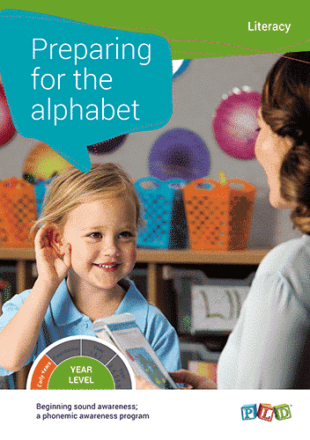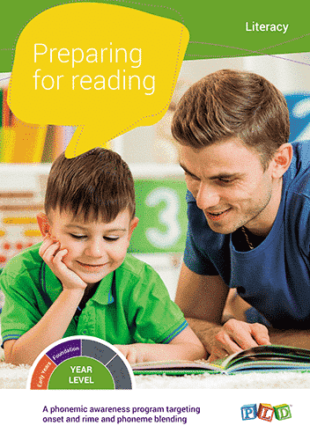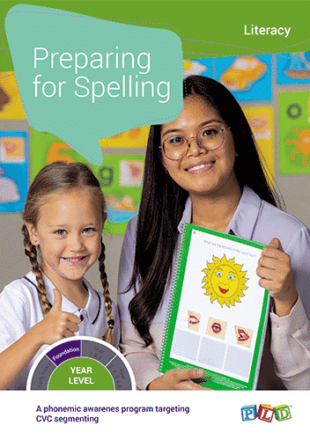Do you know how the National Curriculum affects preschool children? In a recent cover page article in The West Australian newspaper, a case was made for teaching academic concepts to children before they reach primary school. Understandably, both parents and teachers are concerned about what this means for them and the children in their care. In this article, we outline some of the “Purposeful Learning Programs” required in early childhood.
Challenges under the National Curriculum
Many early childhood teachers feel challenged by the introduction of the National Curriculum. From 2010 Australian children must acquire basic reading, spelling and writing skills before entry in Year 1. Many early childhood teachers fear the introduced literacy targets mean play will be lost.
Balancing Purposeful Play and Learning
While the amount of “free play” may reduce, the challenge is to expose our young children to a well-devised program – a program embedded with purposeful play and purposeful learning activities. Purposeful play and foundational skill instruction can occur together. It is not an either/or debate, but a time to look at the degree of balance between structured play and foundation skill learning.
A Shift in Activities
A purposeful learning program develops foundational literacy, motor and language skills. The learning program – more than ever before – needs to be research-based rather than traditional activities or filler activities that appear to be early childhood focused.
A Word of Caution
While it may seem obvious to start with the pre-requisite skills (pre-literacy skills), too often early childhood teachers naively embark on formal skills without the necessary skill preparation. Without attention to pre-requisite skills, children become frustrated producing disappointing results.
Practical Advice on Implementing Purposeful Learning Programs
The following examples offer assistance to parents and teachers:
- Before introducing an alphabet program, make sure children can “hear and say” the initial sounds in words. Initial sound awareness is a prerequisite skill required for the alphabet. Without the ability to identify the initial sound in simple words, children will either:
- Not learn the alphabet
- Acquire alphabet skills at a slower rate than their peers
- Retain the letter names, rather than the more essential skill, alphabet sound knowledge.
Dig Deeper: View our Preparing for the Alphabet resource/video clip
- Before introducing sight words and reading books, make sure children can blend sounds together. The ability to blend or to “pull the sounds together” directly facilitates readiness to read.
- For example: “Can you guess what picture I am holding? It’s a picture of a ‘p’ (one-second
- pause) ‘g’? ‘p…i…g… makes the word?” Answer: ‘pig’.
Dig Deeper: View our Preparing for Reading resource/video clip
- Before encouraging children to write, teach them to segment or “sound out” simple words. This “sounding out ability” is a pre-requisite skill for spelling.
- For example: What are the sounds in the word rug? I can hear a “rrrrr” … “uh” …g. Can you sound out rug?
Dig Deeper: View our Preparing for Spelling resource/video clip
Skill-based Programs Essential
Early childhood programs need to have well-devised skill development programs embedded within purposeful play and activity-based content. If our early childhood educators do not know how to devise an effective foundational skill-based program, their valuable programming time will be wasted – given across to “filler” activities that do not produce the skill development gains that are being prescribed.
What concerns do you have about the National Curriculum?



 print
print

